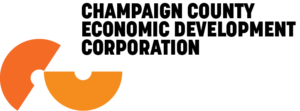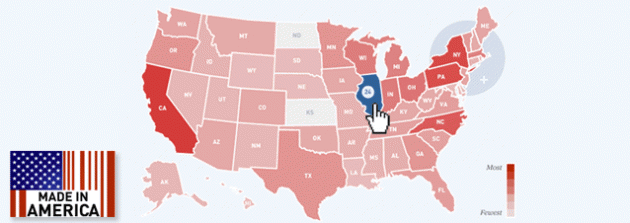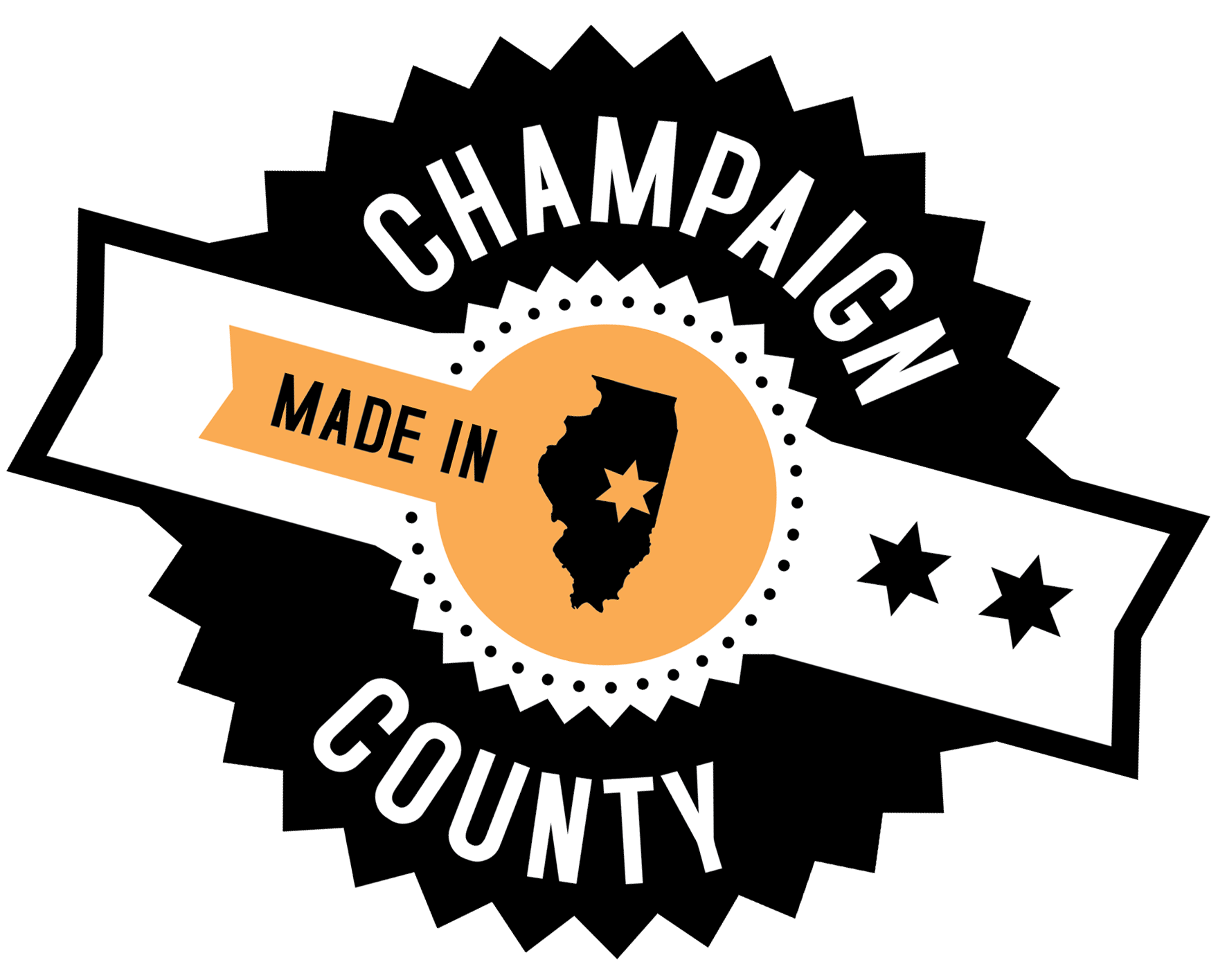Article Source: Society for Human Resource Management
1/10/2012 By Allen Smith
Lawsuits over social media are on the rise as employers and former employees wrangle over who owns Twitter handles and followers as well as LinkedIn connections.
The law is developing on these questions, according to Eric Meyer, an attorney with Dilworth Paxson LLP in Philadelphia. He recommended that companies make their intentions about who owns what in social media clear in their policies and that they enter into separate agreements with employees who have Twitter handles and followers or LinkedIn connections that the company claims to own.
Twitter Turf Wars
The function of a Twitter site is relevant when determining its ownership, according to Meyer. If the purpose of someone’s Twitter site is personal or even quasi-business, it might be considered unreasonable for a company to claim ownership of it.
But if the site is primarily for a business purpose, the employer might have a stronger argument, such as when social media marketers, executives, salespeople or reporters use a Twitter site for company business.
For example, in September 2011, PhoneDog Media filed a claim against a former editor, Noah Kravitz, asserting that he changed his Twitter name unlawfully from @PhoneDog_Noah to @noahkravitz when he stopped working for the company. The mobile device review website claimed that Kravitz owed it $340,000—$2.50 for each of the 17,000 followers he had when he left the company per month for eight months.
Cary Kletter, Kravitz’s attorney with the Kletter Law Firm in San Francisco and Santa Fe, N.M., told SHRM Online that this valuation of Twitter followers “defies reason.” Lady Gaga has more than 17.84 million followers, which at $2.50 per follower would be worth $44.6 million. No one really thinks each follower is worth that much, he asserted.
The main thing Kravitz tweets about is what he’s eating, where he’s going and his remarks about his favorite sports team, Kletter said.
When Kravitz worked for PhoneDog as an independent contractor video blogger and journalist, he also would push out articles to his Twitter followers, Kletter added.
After Kravitz resigned from PhoneDog in October 2010, the company allegedly did not pay him all that it owed, so he filed suit in July 2011. PhoneDog then sued him for conversion of property and stolen trade secrets.
Kletter said the case should be dismissed because the Twitter followers are not a trade secret or confidential customer list. Twitter followers are public to all, he emphasized.
But in a Jan. 3, 2012, posting on PhoneDog’s website, Tom Klein, the company president and co-founder, noted that after it first employed Kravitz in April 2006, the Mt. Pleasant, S.C., company “invested in Noah and the site by sending him to trade shows and conferences from San Francisco, Vegas, New York, Barcelona and many places in between.”
Klein noted, “We hired PR agencies to increase PhoneDog’s exposure and Noah was frequently featured on CNBC, FOX Business and other national and local media outlets. During this time, we also expanded our efforts into many forms of social media, starting with our YouTube channel, then to Twitter and Facebook respectively; each with the very specific intent to grow PhoneDog’s social media following and its loyal audience. From all of our efforts, the site’s popularity continued to grow and Noah essentially became a micro-celebrity of sorts. What started out as a small part-time freelance opportunity grew into a very well paid career for Noah.”
However, Klein said that after Kravitz left the company he started publishing content for other publishers while still being paid by PhoneDog, in contravention of the terms the company and he allegedly had agreed to prior to his departure. “In addition, he was promoting the competitors’ content to the Twitter account we clearly had and have rights to.”
He noted that Kravitz brought back pay and fraud claims against PhoneDog. “Although he has sworn under oath that he was not an employee of PhoneDog, Noah continues to insist that PhoneDog pay substantial sums to settle his meritless employment claims,” Klein asserted.
“PhoneDog is not going to win,” Kletter predicted. He noted that other reporters had switched jobs and their Twitter handles, such as when Rick Sanchez (@RickSanchezTV) left CNN and when Laura Kuenssberg (@ITVLauraK) left BBC for ITV News, taking her 60,000 followers with her. There is industry precedent of maintaining followers even after leaving a news organization, he asserted.
In addition, Kletter said that companies should have established policies regarding the use of social media by employees and should establish at the outset who has the rights to that social media content so that there are no ambiguities. He claimed that PhoneDog did not make its intentions clear in any policy.
LinkedIn Battles
Employers that want employees to retire their LinkedIn accounts, including their connections, will have a tough time getting employees and courts to fall in line, Meyer asserted.
He noted a recent tug of war between Linda Eagle and her former employer, Edcomm, over her LinkedIn site. An Edcomm employee had access to Eagle’s password and assisted Eagle in maintaining her LinkedIn account. After Eagle was terminated, she discovered that an Edcomm employee had changed the password to her account and that she was locked out. In addition, her name and picture were removed.
Eagle sued the company for violation of the Computer Fraud and Abuse Act (CFAA) and the Lanham Act and invasion of privacy by misappropriation of identity, among other claims. She subsequently regained access to the account.
Edcomm counterclaimed that it implemented a policy requiring its employees to create and maintain LinkedIn accounts. For all departing employees, Edcomm requested and retrieved Edcomm-related LinkedIn connections and content from the departing employees’ account. Edcomm maintained that Eagle wrongfully misappropriated its connections on the LinkedIn account. It asserted that she intentionally and through wrongful means converted Edcomm’s LinkedIn account connections, but it gave up that claim.
A district court on Dec. 22, 2011, rejected Edcomm’s claim that Eagle unlawfully misappropriated a trade secret. The LinkedIn connections do not qualify as trade secrets because they are generally known in the business community and are easily derived from public information.
However, the court did not dismiss Edcomm’s claim that Eagle misappropriated an idea. It noted that Edcomm alleged that its employees developed the accounts, maintained the connections and contacted instructors and specific personnel within its clients through LinkedIn (Eagle v. Morgan, C.A. 11-4303 (E.D. Pa. 2011)).
Meyer predicted that employers and employees will fight increasingly over who owns LinkedIn connections, particularly where LinkedIn is a business tool, such as in sales and with executives.
Whether Eagle’s claims survive remains to be seen, noted John Barry, an attorney with Proskauer Rose in Newark, N.J. He said that companies should respond to the recent litigation by updating their electronic communications policies to address social media concerns so that they reflect ownership of LinkedIn connections and Twitter followers.
Meyer said most employers allow departing employees to take their LinkedIn connections with them. But if they have noncompetition or nonsolicitation agreements, those agreements usually are broad enough to prohibit solicitations on LinkedIn and other social media, he concluded.
Allen Smith, J.D., is manager, workplace law content, for SHRM.




